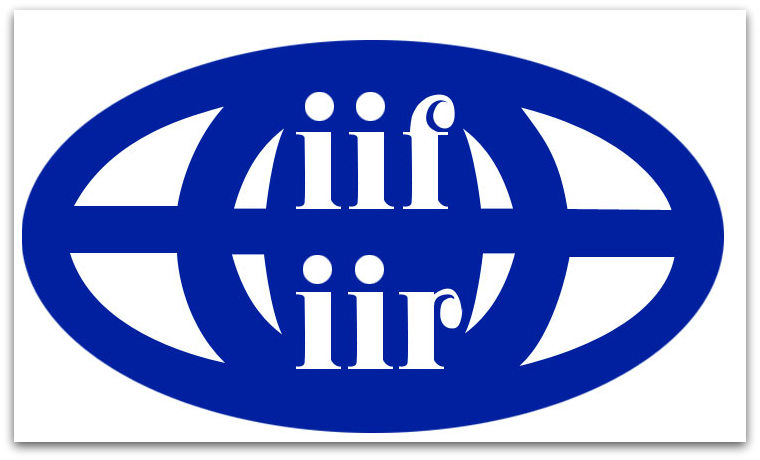Changes of beef protein fraction in "freezing–storage–heat treatment" cycle
UDC 664.8.037.5
Baranenko D.A., Salami M
Abstract
Samples of Musculus semitendinosus beef produced in Leningrad region were used as a material for research. The ability of trypsin and chymotrypsin to attack fibrillar and sarcoplasmic protein fractions, expressed in terms of tyrosine units released by hydrolysis under standard conditions per mg of protein nitrogen, was studied to determine the change in meat proteins availability to proteolytic enzymes. The influence of meat autolysis state (fresh-killed and ripe), freezing and frozen storage at –29 ± 1 оC for 7 months, and heat treatment on the availability of two beef protein fractions for enzymes was studied in their extracts. It is shown that the nature of changes in substrate availability for enzymes is identical for the two groups of proteins and depends on the condition of the meat before freezing. It was determined that fibrillar proteins are hydrolyzed by trypsin and chymotrypsin in a greater degree. Denaturation processes during freezing and storage of fresh-killed and ripe meat at –29 ± 1 оC do not adversely affect the overall digestibility of meat proteins. The information obtained is important for justifying the biological value of meat and meat products after freezing and thermal processing, the coefficient of digestibility being taken into account. Data on the effect of enzymes on proteins after refrigeration and heat treatment is also of interest if subsequent biotechnological modification of meat takes place.
Keywords: refrigeration processing, meat, sarcoplasmic and fibrillar proteins, denaturation, enzymes, trypsin, chymotrypsin, digestibility.
Changes of beef protein fraction in "freezing–storage–heat treatment" cycle
Abstract
Samples of Musculus semitendinosus beef produced in Leningrad region were used as a material for research. The ability of trypsin and chymotrypsin to attack fibrillar and sarcoplasmic protein fractions, expressed in terms of tyrosine units released by hydrolysis under standard conditions per mg of protein nitrogen, was studied to determine the change in meat proteins availability to proteolytic enzymes. The influence of meat autolysis state (fresh-killed and ripe), freezing and frozen storage at –29 ± 1 оC for 7 months, and heat treatment on the availability of two beef protein fractions for enzymes was studied in their extracts. It is shown that the nature of changes in substrate availability for enzymes is identical for the two groups of proteins and depends on the condition of the meat before freezing. It was determined that fibrillar proteins are hydrolyzed by trypsin and chymotrypsin in a greater degree. Denaturation processes during freezing and storage of fresh-killed and ripe meat at –29 ± 1 оC do not adversely affect the overall digestibility of meat proteins. The information obtained is important for justifying the biological value of meat and meat products after freezing and thermal processing, the coefficient of digestibility being taken into account. Data on the effect of enzymes on proteins after refrigeration and heat treatment is also of interest if subsequent biotechnological modification of meat takes place.
Keywords: refrigeration processing, meat, sarcoplasmic and fibrillar proteins, denaturation, enzymes, trypsin, chymotrypsin, digestibility.












